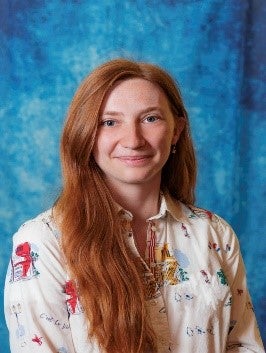Biomaterial strategies to repair craniomaxillofacial (CMF) defects, or large-scale bone defects, require materials which can provide both structural support and cellular signals to completely bridge the defect space. CMF defects are irregular in size and shape and designing a material to fit well to this space while also providing necessary signals for host repair remains a challenge. Mineralized collagen scaffolds are biomaterials capable of regenerating bone in small animal models; however, like many biomaterials, struggle to repair large-scale defects in clinically-relevant models (porcine). To improve repair of CMF defects using mineralized collagen scaffolds, we altered the mechanical properties and implant fit to the defect space through addition of 3D-printed reinforcing supports, as ill-fitting implants can lead to fibrous tissue formation and implant rejection by the body. Mechanically robust composite structures of 3D-prints and collagen scaffolds were fabricated with tailorable mechanics and shape-fitting behavior to create a material better able to fit into the complex geometries of CMF defects. Another challenge of repairing CMF defects is incorporating signaling elements within biomaterials to guide cell behavior and bone repair throughout the defect space. Extracellular vesicles (EV), nano-scale lipid vesicles secreted by all cells, represent a source of cell-signaling cargo which can influence cell behavior. We examine the role of EV in bone repair and regenerative medicine applications, including the role of a new class of extracellular vesicle, matrix-bound nanovesicles (MBV), located within the extracellular matrix. Future goals aim to combine biomaterials with a diverse population of EV to guide cell behavior and bone repair in CMF defects, as well as other skeletal repair problems such as implant infection and cancer.

Dr. Marley Dewey earned her B.S. in Chemical Engineering from the University of Maine (2012) and her Ph.D. in Materials Science and Engineering from the University of Illinois Urbana-Champaign (2021). During her graduate career, she was a National Science Foundation Graduate Research Fellow, won various image of research contests, and was awarded the Annual Innovation Award for Outstanding PhD Thesis (University of Illinois). As a graduate student in the laboratory of Dr. Brendan Harley, she modified the mechanical, immunological, osteogenic, and antimicrobial properties mineralized collagen scaffolds for enhanced repair of large-scale, craniomaxillofacial bone defects. She is currently a postdoctoral scholar and NIH TL1 Clinical and Translational Science Fellow in the laboratory of Dr. Stephen Badylak at the McGowan Institute for Regenerative Medicine at the University of Pittsburgh. As a postdoc, she works on understanding the biology behind a novel class of extracellular vesicles, termed matrix-bound nanovesicles, and the use of these as a therapy for glaucoma and optic nerve repair. Dr. Dewey aims to create a lab combining biomaterials with extracellular vesicles for skeletal repair and disease treatment, including broader impacts.


